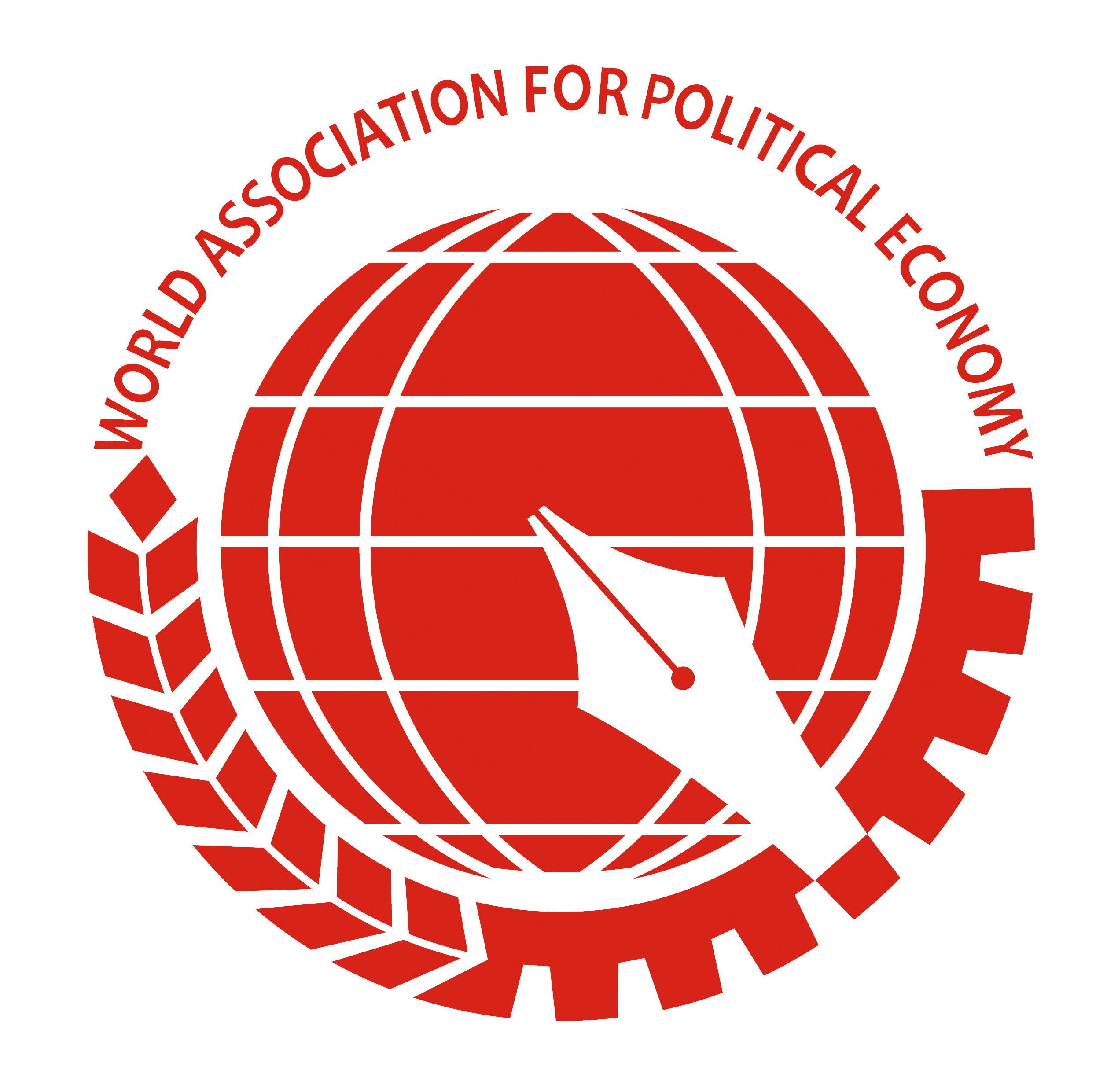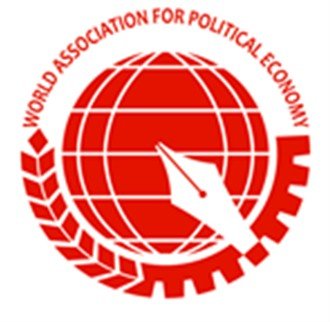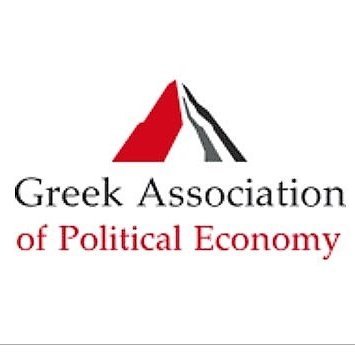17th wape forum: Call for Papers “Political Economy of Inequality and Social Policy”
Workgroup for
“Political Economy of Inequality and Social Policy”
Call for Papers
for the 17th WAPE Forum
2-4 August, Panteion University
Christos Papatheodorou & Zois Gerasimos Katsimigas
Since the Industrial Revolution, the question of income distribution and its resulting economic inequality has evolved through distinct stages, becoming a prominent object of both scholarly inquiry and social policy. The relative weight accorded to inequality has fluctuated throughout history, reflecting the socio-political context and the prevailing economic perception of each era. Attitudes towards economic inequality have oscillated between positioning it as a fundamental social concern, attributing it to individual choices, justifying redistributive policies through its existence, and, more recently, neglecting it in favor of economic growth. This workgroup of the WAPE Forum aims to examine the historical evolution of income distribution analysis and to reassert economic inequality and related social policies as a central concern of economic policy and political discourse.
The unequal distribution of income between social classes (i.e., working class and capitalists) was the central issue of Political Economy. Besides, fluctuations in the functional income distribution(i.e., the distribution of income among the various factors of production) due to social stratificationin the late 19th century directly reflectedthe rise in personal income inequality. In the aftermath of the World Wars, the dominance of Keynesian Economics with the expansion of social protection and the implementation of redistributive policies contributed to a significant reduction in economic inequality in developed countries.The latter, accompanied by a relatively stable distribution of national income between labor and capital, has led many researchers to downplay inequality as a social concern and focus more on individual factors to understand it. The strengthening of Neoliberalism in the last quarter of the 20th century completely displaced concerns about economic inequality, while distribution and redistribution policies were often seen as obstacles to economic growth.
Neoliberal policies have been associated with increasing inequality, a phenomenon that has gained wider acceptance among researchers only in the last two decades. However, by focusing on specific factors (e.g., the income of the top 1%), most research within Mainstream Economics fails to capture the complex interaction between inequality, the macroeconomic environment, and the functional income distribution. Consequently, this narrow focus also obscures the overall impact of inequality on economic activity, effectively sidelining the critical issue of income distribution from core social policy considerations. Given the recent economic crises and their lingering effects on inequality, a comprehensive understanding of the phenomenon is crucial for developing effective social policies to alleviate poverty and deprivation and to preserve social cohesion in the long term.
Topics of Interest:
We invite submissions addressing various aspects of economic inequality, including but not limited to:
1. Historical overview of the evolution of economic inequality
2. Political Economy of income distribution
3. Economic inequality and the macroeconomy
4. Welfare states and inequalities
5. Social protection policies and economic growth
6. Functional and personal income distribution
7. Poverty and social deprivation
8. Social mobility and inequality
9. Employment and inequality
10. Demographic changes and inequality
Submission Guidelines:
Abstracts and full papers should be submitted to wape2024@panteion.gr with the subject line “Political Economy of Inequality and Social Policy”.
§ Abstracts (up to 300 words) should clearly outline the research question, methodology, data sources, findings, and their significance to the broader theme of the conference.
§ Please include a brief biography (up to 150 words), highlighting your academic affiliation and key research interests.
Important Dates:
§ Abstract Submission Deadline: 29 April 2024
§ Notification of Acceptance: 20 May 2024
§ Full Paper Submission Deadline: 1 July 2024
- Εισέλθετε στο σύστημα ή εγγραφείτε για να υποβάλετε σχόλια




